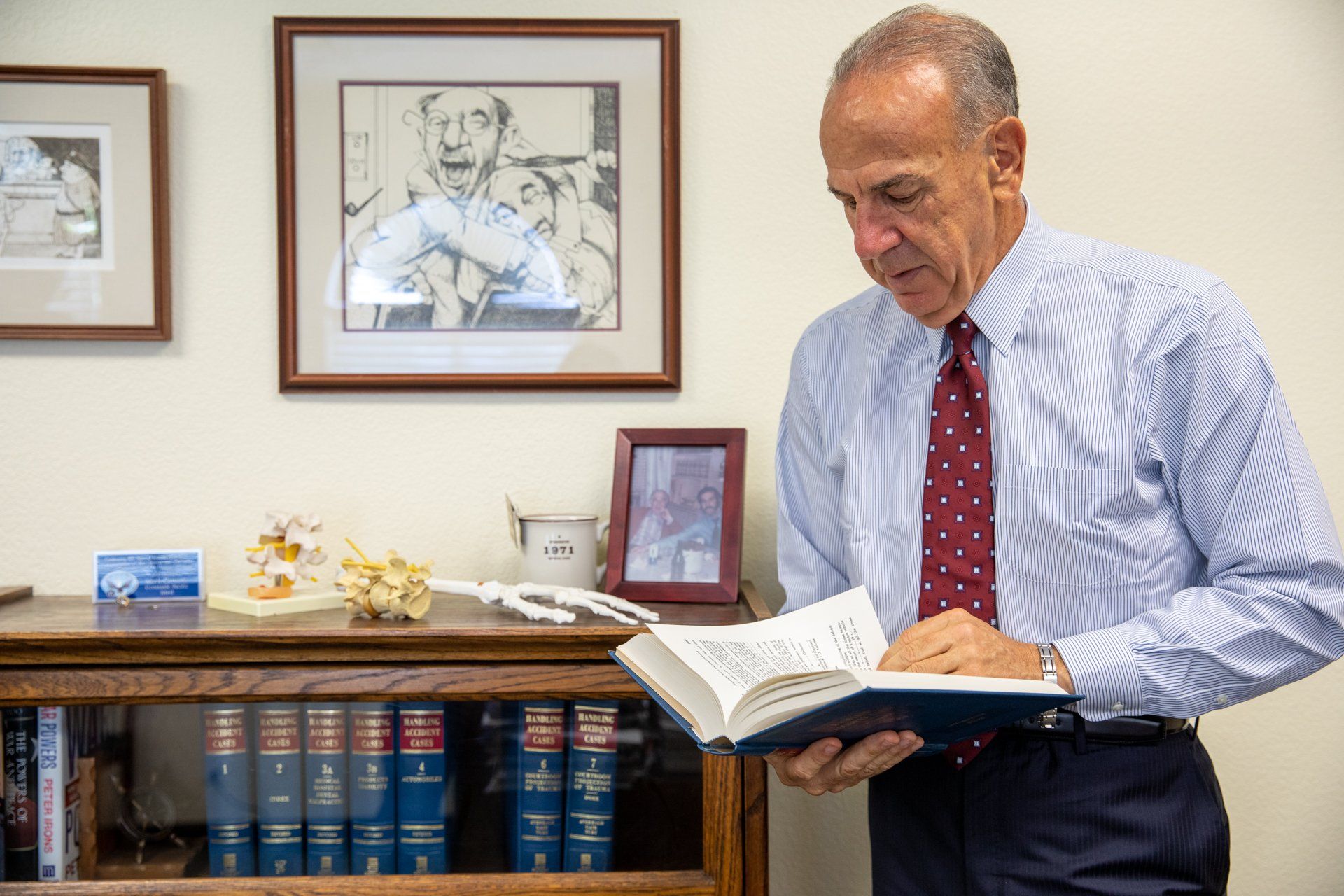Negligence & Public Liability Injury Lawyer
Negligence & Public Liability Claims
Public liability insurance covers a person or business from the costs of legal action if they are found to be liable for injury or death, for damage or loss to property or economic loss resulting from their own negligence. Business owners can be held liable for negligence when accidents with resulting injuries happen on their premises.
You may wonder what situation would result in a slip and fall claim. Let’s say you are walking into your local hardware store and fall into a hole in the parking lot breaking your ankle. You seek medical treatment and start to incur expensive medical costs. You also work in construction and your employer doesn’t have any work available to you while you are healing. You cannot drive while you are healing and must pay for transport just for basic errands. You may wonder who will pay for your medical costs, your lost wages and other expenses you start to incur. You may wonder if you can hold the business owner responsible for your damages.
Typically, in order to be successful in a slip and fall case, the injured party must prove that the property owner failed to recognize a dangerous situation (such as a pothole or broken step) and make necessary repairs. The property owner must be considered negligent in their upkeep of the property. The question typically comes down to if a reasonable person would have seen the situation as potentially dangerous.
Other questions to consider in the evaluation include:
- Did the business owner or his or her employees have ample time to make the necessary repairs?
- Did the property owner have a system for checking into possible hazardous situations on the property?
- Could the hazard have been less dangerous by the posting of signs warning of danger?
Other areas to consider in the evaluation of a slip and fall case are how much the injured party may have contributed to their fall. Whether your state is a comparative or contributory negligence state also has a bearing on a settlement outcome. In contributory states, the plaintiff is barred from recovery if they were at all responsible for the event. In comparative negligence states, recovery is reduced based upon the plaintiffs share of liability for the incident. The defense will point out areas where the injured party was negligent.
Examples of areas they will bring up include:
- Were you texting or on the phone during the incident?
- Did you have lawful access to the area where you fell?
- Were warning signs ignored?
Reasonableness is a term often looked at in slip and fall claims. In order to be considered negligent and therefore liable, a property or business owner must have failed to act in a reasonable manner.

